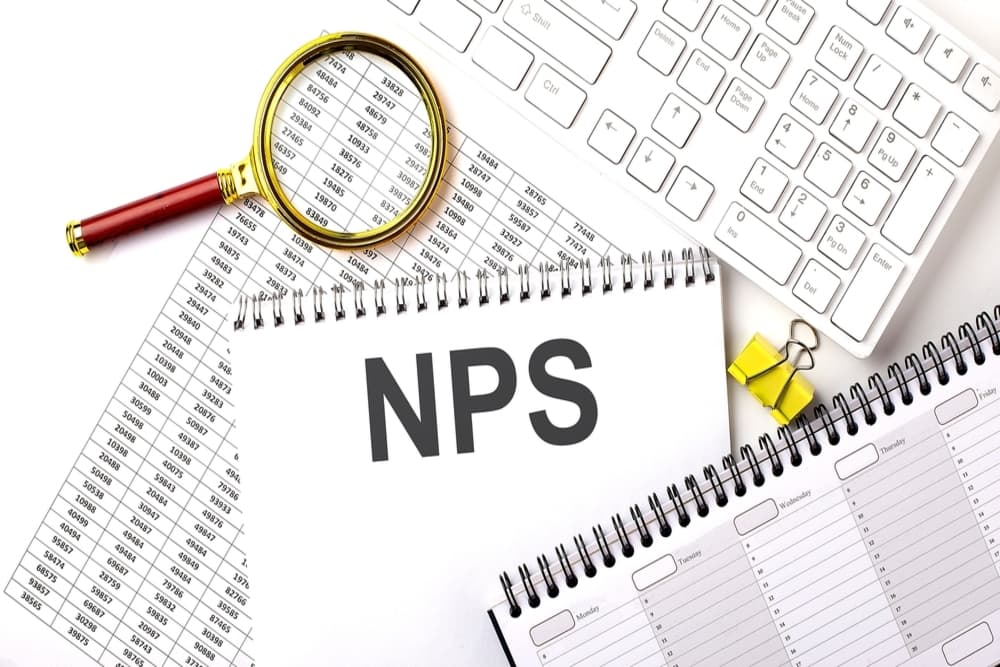Starting your first job feels like stepping into a new chapter, and with it comes the opportunity to think about your future. At this point, retirement seems far away, but if one starts to take small steps toward it, there is nothing like it. The key benefit of starting early is compounding, and your investments grow exponentially over time. “The earlier you start, the longer your investment will increase via compounding, resulting in a greater retirement fund,” says Amar Ranu, head - investment products & insights, Anand Rathi Shares and Stock Brokers.
Investing in the National Pension System (NPS). When you retire, it’s like planting a tree that’ll give you shade (and funds). Should you consider investing in NPS when you first started your job?
“Yes, you should consider it. Starting early gives your money more time to grow, thanks to compounding. Even a small monthly contribution can grow significantly over decades. Plus, you enjoy tax benefits under Section 80CCD(1B), saving up to Rs 50,000 annually,” says Nehal Mota, CEO and co-founder, Finnovate, a financial planning firm. Should RBI Increase The Limit For Investing In Foreign Stocks? What Could It Mean For Mutual Fund Investors?
Active Vs Auto Choice: Think of it like choosing between a set menu and à la carte. If you’re not sure how to allocate investments, go for auto choice—it adjusts automatically based on your age. Young investors get higher equity exposure, and as you age the allocation gradually shifts to safer assets like government bonds. For hands-on control, active choice lets you pick your asset mix.
“In an active choice, you can invest in equity (E), corporate debt (C), and government bonds (G). If you’re young and can handle risks, lean towards equity. A mix of 50-60 per cent in E, with the rest in C and G, is a good start,” says Mota.
So auto choice is preferable if you believe in a hand-off approach and you are not sure about managing your investments. However, if you want to take control, opt for active choice.
Choose A Fund Manager: NPS offers several fund managers. Compare past returns, consistency, and service before picking. It’s like choosing a good coach—someone you trust to lead your investments. Association Of NPS Intermediaries Launched To Improve Pension System
Keep In Mind
Start small and increase contributions as your income grows. Keep track of performance and review asset allocation every year. “NPS has a lengthy lock-in period, with withdrawals typically prohibited until age 60. Before you invest, be sure you're comfortable with this,” says Ranu. Investing in NPS early is like setting up a sturdy safety net. You’re not just saving money, you’re securing your tomorrow. Why Are SWPs Ideal for Retirement?





